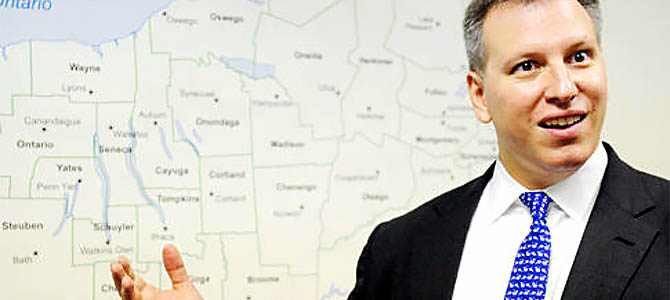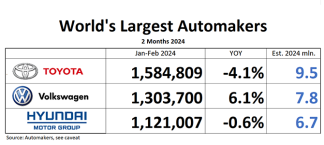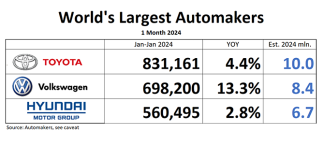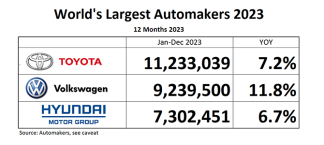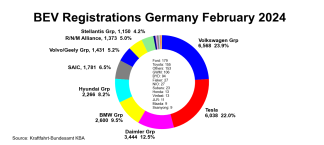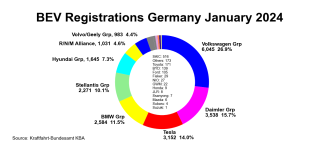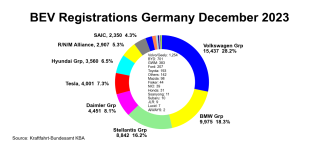“has a cost structure and a capital structure that have made it the largest and most
profitable car maker in the world. So I think as long as they keep on the same path, they maintain the same discipline that they now have, I believe the company has a bright future.”
“Any company that isn’t efficient about capital allocation is a target for activists. GM has a huge cash hoard and they are generating lots more cash each year, so they need to be thoughtful about that.”
